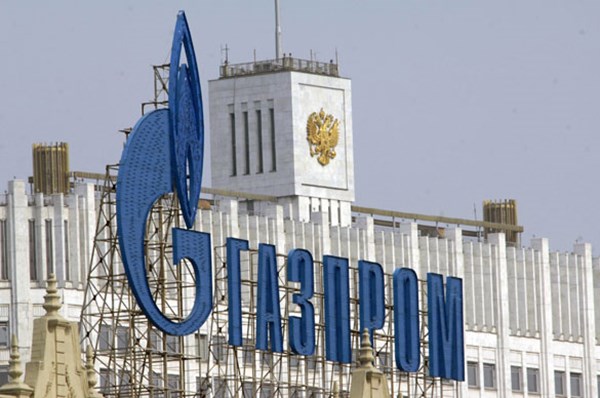Poland finds violations in Gazprom contracts
Poland’s Supreme Audit Office (NIK) has discovered violations in gas contracts made with Gazprom between 2009-2010, according to a document published on the NIK’s website.
The document states that former Polish Economy Minister Waldemar Pawlak made agreements with the Russian company “without the needed backing in the form of an approved negotiation instruction, and after the approval of such instructions, some of the agreements were incompatible with the obligatory principles”.
The NIK also pointed out the limited effectiveness of the negotiations with Russia due to the fact that, at the time, there was no other alternative to connect the Polish gas transport system to. Furthermore, Pawlak and the Polish gas company PGNiG “did not attempt to gain equivalent benefits for Poland in exchange for conditions profitable to the Russian party”.
However, the NIK also observed that the government and PGNiG did ensure a consistent gas supply to Poland from Russia, and prevented a shortfall in the country.
The contract for Russia to supply Poland with 10 billion cubic meters of gas per year was made as early as 1996, and was intended to last until 2022. In October 2010, then Russian Deputy Prime Minister Igor Sechin and his colleague Pawlak signed two intergovernmental agreement protocols to increase the gas supply volumes and to change the form of management of the Yamal–Europe pipeline. According to the amendments, the joint enterprise of Gazprom and PGNiG – EuRoPolGaz – would transfer its function as technical operator of the Polish stretch of the pipeline to the state company OGP Gaz-System. The document was approved by the European Commission. At the time, Sechin gave Warsaw discounts on gas, while increasing the supply volume.
In 2012, PGNiG managed to sign an agreement with Gazprom to lower the price of Russian gas by more than 10%. Warsaw later said that it would be able to achieve new gas discounts. In 2015, PGNiG began a litigation process against Gazprom at the Stockholm Arbitration Institute concerning the gas price, although the lawsuit against the Russian company was only filed in February 2016. The Polish company described the case as “steps taken by PGNiG to bring the long-term contract from 1996 in line with the situation in the European natural gas market”.
At the end of June, the Stockholm Arbitration Institute recognized PGNiG’s right to demand a reduction in gas prices from Gazprom. “For many years, Gazprom had dismissed the opportunity to change prices, and so the contract price was significantly greater than the price in European markets,” the Polish company observed.
“We expect that it [the price] will be reduced to market level at a later stage in the litigation,” commented PGNiG CEO Piotr Woźniak after the court session. Sergey Kupriyanov, press secretary to Gazprom CEO Alexey Miller, promised to continue to protect the interests of the Russian company.
